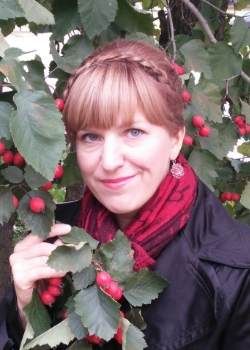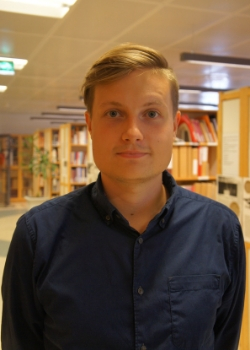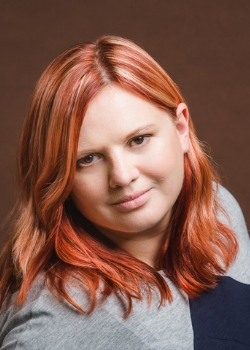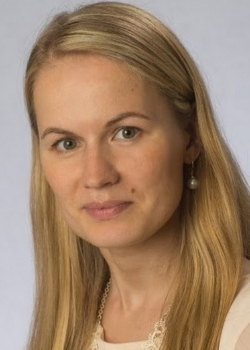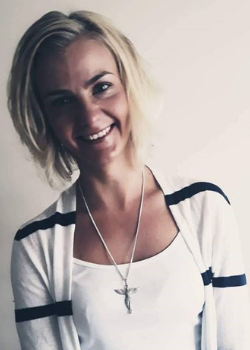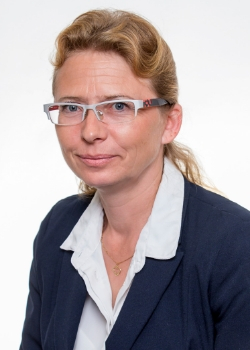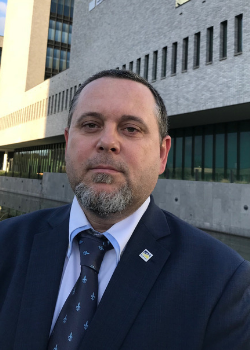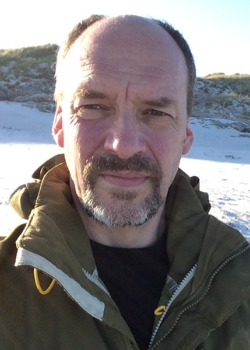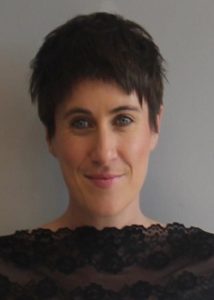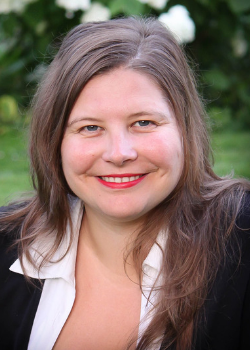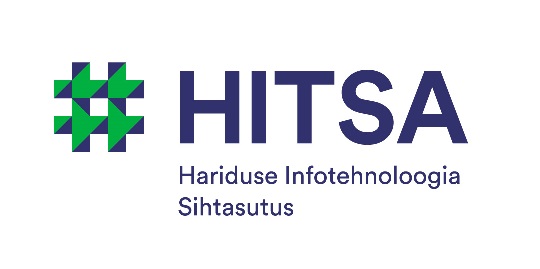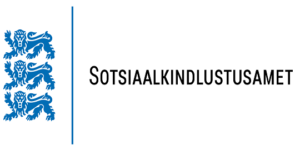Presentations
Child in the digital world
Kristi Salum
ProgeTiger programme manager, Information Technology Foundation for Education
In today’s world we have all been – including the children – digilized. Smartphones, computers,
internet, etc are such big parts of our daily lives that their existence appears to be one of the most
important rights. But every right comes with a responsibility… How to help children to make
smart choices, be a responsible and wise digital user and become a driving digital creator – this
requires understanding and support from parents and teachers.
Evolving concept of literacy in the digitalized world – a Finnish perspective
Lauri Palsa
Researcher, National Audiovisual Institute KAVI
Societal trends, such as digitalization and the growing meaning of media in our daily lives, are
current topics in the educational discussions in Finland. What role does the media play in the
lives of children? How can we empower children and youth to use opportunities offered by the
new media, but also support them to tackle the possible challenges? In this presentation I will
discuss and share insights of the role of media education in the Finnish educational system from
the perspectives of evolving concept of literacy, goal-oriented education and cross-sectoral
cooperation.
What kind of role models are adults in social media? Youth perspective.
Andra Siibak
Professor in Media Studies at the Institute of Social Studies
in the University of Tartu
The smart-generation youth is often portrayed in a quire negative manner – they are either
addicted to digital devices or share their private information in social media without thinking. It
is less often questioned; what kind of role models are adults to these youngsters with their own
social media behaviour? Might it be that the youth finds questionable social media behaviours in
adults? Based on the results of a focus-group research with basic- and gymnasium level students
(N= 53) and interviews with pre-teens and their mothers (N= 14), I will observe what the
youngsters object against in regards of adults’ social media behaviour. Among other things, she will
introduce pre-teens’ emotions towards net-parenting i.e. sharing information and photos of
children in social media; and what students think teachers’ social media netiquette should be like.
Workshop I Child development and digital competences
Workshop is led by Elyna Nevski
Lecturer at the School of Educational Sciences at the University of Tallinn
Today’s homes are “digital homes” and children’s technology usage begins at an early age (0-3
years). Parents are not so bothered with whether or not to allow digital devices for their children,
as they are with how to use digital technologies in a way that is based on their children’s interests
and would be the most useful and developmental based on the children’s development. Today’s
parents are in a situation, where they would need help and advice in guiding their children’s
digital technologies use. The focus of the workshop is on guidance strategies, which parents, teachers and peers can use in guiding children’s digital playtime. The workshop includes practical activities on BYOD principle and active discussion in groups.
Workshop II Children in the changing digital world
Workshop is led by Barbara Haage
Social Insurance Board
Workshop will discuss what youngsters do in the digital world, how it affects children’s welfare,
how we can help and what can we do for prevention. With youth inclusion, the matters will be
discussed by psychologist-psychotherapist Kätlin Konstabel, Child Advise Phone 116111
consultant and family therapist Kätlin Servet and Social Insurance Board child protection
department prevention manager Barbara Haage.
Workshop III Better protection of children online
Workshop is led by Anu Baum
Estonian Police and Border Guard Board
Europol and member states working together against sexual exploitation of children
Anton Toni Klančnik
EUROPOL, European Cyber Crime Centre
The presentation will give overall in-sight to Europol organization and its activities, especially in
tackling the crimes against sexual exploitation of children. He will give some insights on
emerging trends; how could member states contribute and what kind of assistance can members
states expect from Europol. He will highlight the information flow and its importance in order to
safeguard children, gather evidence and bring criminals to justice.
Michael Sheath
Lucy Faithfull Foundation
In his presentation, Michael Sheath will attempt to set out the typical route many offenders take
towards viewing indecent imagery of children. The presentation is based upon the ‘CSAM
Cycle’, a theory he has set out in a published journal. The CSAM Cycle considers the influences
acting upon man who view both pornography and indecent imagery and considers how, over
time, men become disinhibited, aroused, and driven to view more and more deviant and
disturbing material. He will also consider how our knowledge of offenders can improve
prevention strategies, and how Helplines for offenders can be a central part of any strategy to
protect children from on line abuse and exploitation.
Children’s own advice for a healthy life online
Anne Larilahti
Vice-President, Head of Sustainability, Telia Company
Telia Company regularly listen to children’s own perspectives of life online in collaboration with child rights organizations and schools in the Nordic and Baltic countries. Recently around 700 children, 12 years old, participated in the Children’s Advisory Panel (CAP) and created their own advices for a healthy life online. The children’s school classes participated in co-creative workshops, organized by Telia and its partners, including World Childhood Foundation and Estonian Union for Child Welfare. The advices were created on surf tablets in the format of a short animated film by using Plotagon Education animation tool. The aim of the CAP initiative is to further develop Telia’s understanding of how we as a company can improve our own approach to children as users of our technology, and to contribute to the ICT industry’s and society’s understanding of children as online citizens.
Safety@Facebook: how Facebook thinks about and responds to the safety of our teenage users
Amy McArdle
Safety Policy Manager for Europe, Middle-East and Africa, Facebook
In her presentation, Amy will talk participants through the 5 pillars of our safety infrastructure: policies; tools; help; partnerships and feedback with a specific focus on teen users and will also outline some of Facebook’ wider child safety efforts.





